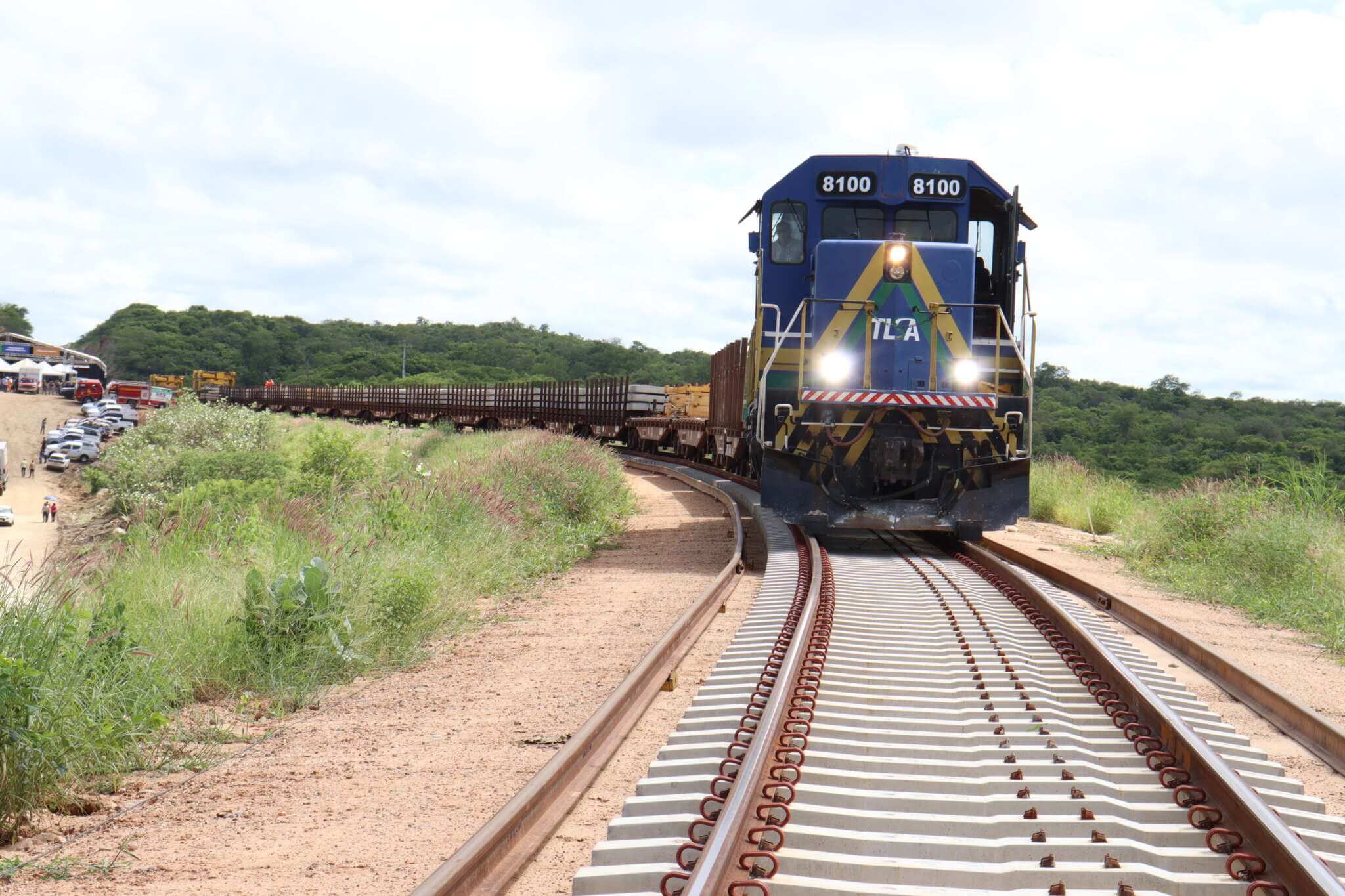Infrastructure WG: spending efficiency and execution of public projects among member countries' priorities
At its second meeting, the G20 Infrastructure Working Group discussed the efficiency of public spending and the involvement of multilateral banks and private capital in infrastructure projects. The focus is on climate change-resistant construction and guarantees against currency risk.

After the second meeting of the G20 Infrastructure Working Group in Brasil, the coordinator of the WG, Marden Barboza, presented an assessment of the discussions held over the two days of meetings. "To our surprise, the Brazilian proposal was very well accepted by all the G20 countries. We were surprised because this is an issue that is of greater concern to countries where exchange rate volatility is higher, but even in countries where the risk is lower, it was very well accepted," said Marden.
Brasil's proposals are for efficient spending and the execution of public projects. The engagement of multilateral banks and international credit lines from development banks and the mobilization of private capital for infrastructure projects. For the group's coordinator, it's important to "identify solutions so that these three aspects can work together efficiently in the G20 countries".
Each presidency chooses priority topics for discussion in the WGs and Brasil has chosen four for its presidency. The first priority is financing infrastructure that is resilient to climate change and how to finance works that can deal with the extreme climatic effects we are experiencing. The second priority is to identify how infrastructure projects and services can help reduce the effects of poverty. The third theme is to attract private capital to collaborate with governments in financing infrastructure, including measures to reduce exchange rate risk. The fourth objective is to increase funding for frontier infrastructure and increase the participation of multilateral banks in projects, a challenge for all countries.
During the meeting, proposals were put forward to guarantee a return on private investment and reduce exchange rate risk. "This was of interest to all the G20 countries. Brasil presented the federal government's Eco Invest Brasil project as a positive example, with a view to incorporating it as a model to be followed," said the coordinator.
Global sustainability agenda
The third meeting of the G20 Infrastructure Working Group will take place in July, in the city of Foz do Iguaçu, in Paraná, and includes a parallel event dedicated to environmental infrastructure. For Marden, the initiative "reflects the growing importance of these issues on the global development and sustainability agenda".
For him, Brasil is positioning itself as an active player in this context, seeking to collaborate and learn from the experiences of other countries in order to improve its infrastructure projects and policies. The event complements discussions on climate change resilient infrastructure, demonstrating Brasil's commitment to addressing environmental issues as an integral part of the infrastructure needed by populations.
The proposals discussed aim not only to benefit Brasil, but also to contribute solutions to the international community. The aim is to develop a set of recommendations and principles that can guide effective action in the area of infrastructure, involving international partner institutions and seeking the collaboration of the G20 countries.